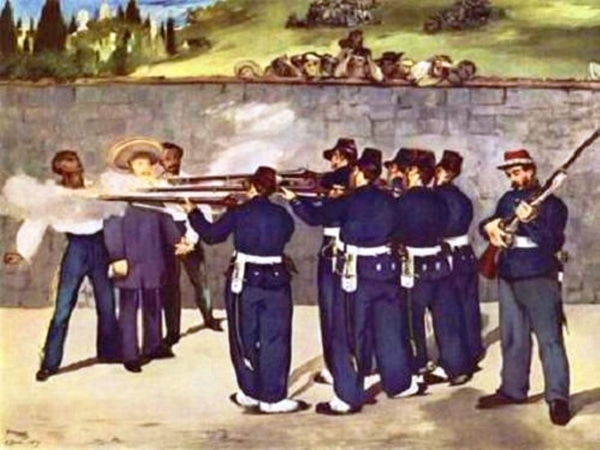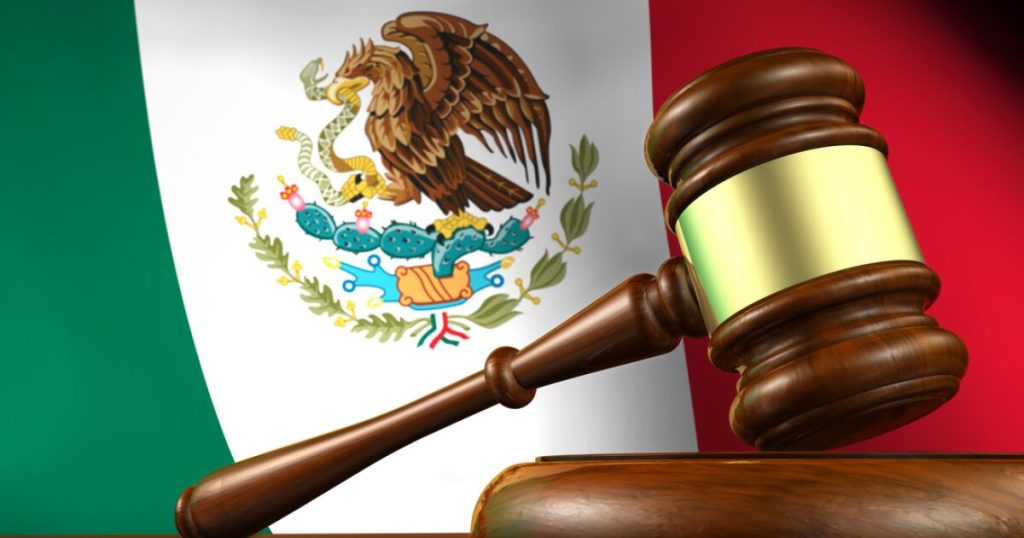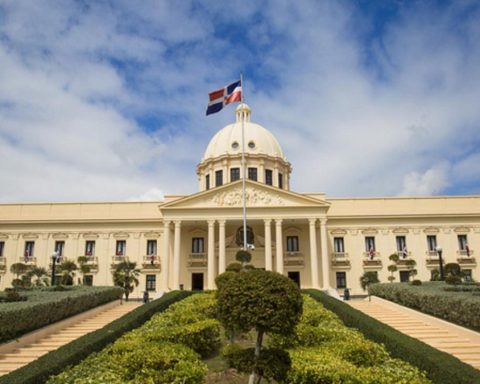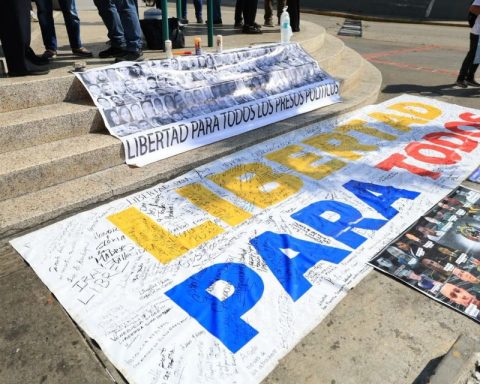He was the last one executed by the Colombian State.
Colombia News.
On May 7, 1907, in the peaceful town of Quibdó, the life of Manuel Saturio Valencia came to an abrupt and dramatic end before a firing squad. Valencia, a lawyer and Afro-descendant leader, was the last man to be executed in Colombia under the death penalty, but his story is not just that of a convicted “arsonist” but a tale deeply entangled in the racial, political and social tensions of the time.
Valencia was no ordinary criminal. He was born into a humble family, but his life changed when he was taken in by the Capuchins who educated him, teaching him to read, write and excel as a musician. His brilliance allowed him to study law at the University of Cauca, an unusual feat for an African man in his time. In a Quibdó where there were no more than 30 professionals, Valencia stood out. But he was not only an educated man, he was also an active politician, first as a conservative, participating in the Thousand Days War on the conservative side.
However, Valencia’s fortunes took an unexpected turn. In a drunken episode, he was accused of starting a fire, an action that his political enemies took advantage of to get rid of him. But behind this apparent criminal act lay other motives. Valencia had begun to express socialist ideas, something intolerable to the authoritarian government of Rafael Reyes. At a time when legal technicalities were used to eliminate political rivals, the fact that he was a “black man with socialist and anarchist ideas” was enough to seal his fate.
The figure of Manuel Saturio is at the crossroads of several conflicts. His race played a key role: he was often referred to in a derogatory manner, describing him not only as an arsonist, but as a man whose skin colour and political position were a threat to the status quo. In addition, rumours indicated that his tragic outcome may have been influenced by his forbidden love for a white woman from the Quibdoseño elite, a romance that could have contributed to his downfall.
After his execution, the legend of Manuel Saturio Valencia only grew. In Chocó, where the territory lost its status as a department shortly after, his figure became a symbol of resistance. He was martyred, hailed as a popular hero and a defender of the racial and regional cause. His story, however, has been simplified over time, leaving aside the complexity of his life as a political leader, intellectual and activist.
Three years after his death in 1910, the death penalty was abolished in Colombia, making Manuel Saturio Valencia the last man to be executed by the state. But beyond being a victim of the justice of his time, Valencia was a man whose legacy still resonates in the fight for social and racial justice in Colombia.

















